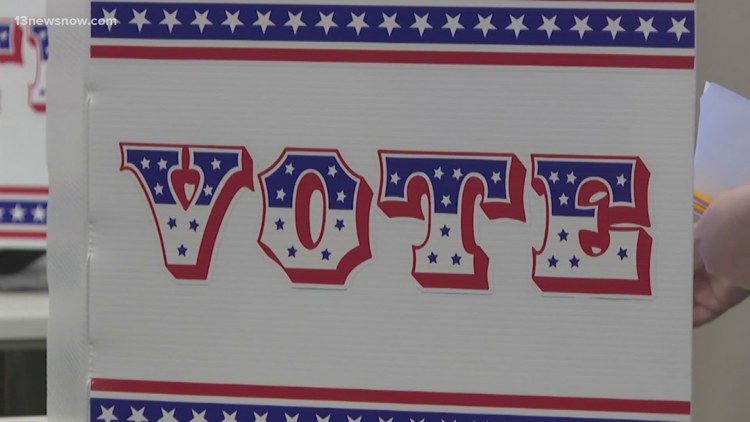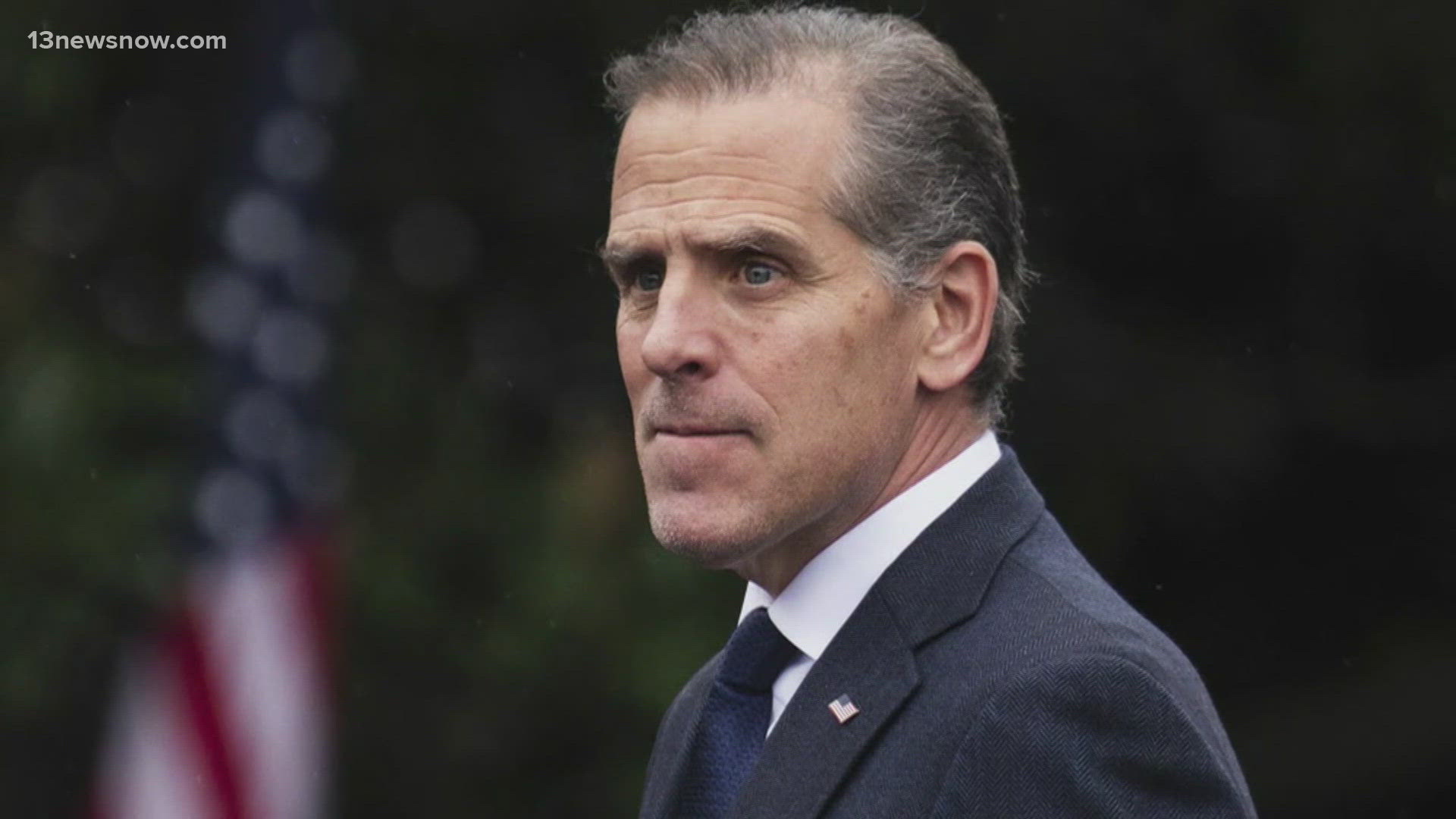VIRGINIA, USA — Panelists discussed partisan shifts, political polls, voter turnout and the outlook for the 2025 gubernatorial race during a discussion hosted on YouTube Wednesday by the Virginia Public Access Project and the Schar School of Policy and Government at George Mason University.
“After Virginia Votes” examined the political landscape with panelists Kéren E. Charles Dongo, state director of the Sen. Tim Kaine’s office; Ken Nunnenkamp, executive director of the Republican Party of Virginia; Bob Holsworth, political analyst and managing partner of DecideSmart; and Mark Rozell, dean of the Schar School. It was moderated by Julie Carey, Northern Virginia bureau chief for News4.
Improved Republican performance and split-ticket voting were two of the biggest talking points. Despite the fact that Virginia once again went blue in the presidential race, Trump performed better than in 2020 in 124 of the state’s 133 localities, according to Rozell.
“I think the Democrats have a lot of soul-searching to do about why things turned out the way they did – in Northern Virginia, in particular,” Rozell said.
However, the top vote-getter in the state this year was not either of the presidential candidates, but Democrat Tim Kaine, who was running for his third six-year term. Kaine received over 80,000 votes more than Kamala Harris, suggesting that a significant number of people voted for Donald Trump at the top of the ticket while also voting for Kaine instead of his Republican challenger, Hung Cao. This effect was especially pronounced in reliably red Southwest Virginia.
Dongo, his state director, attributed that to the way Kaine ran his campaign.
“The senator was very focused on running a Virginia race,” Dongo said. “You might disagree with him, but you like that he came to talk to you. Just because Southwest Virginia may not be an area that Democrats win yet, it doesn’t mean you don’t show up. We have made it a point to be in Southwest Virginia as consistently as we are in Northern Virginia or Hampton Roads.”
Ticket splitting was also a factor in the race for Virginia’s Second Congressional District, where incumbent Republican Jen Kiggans defeated Democrat challenger Missy Cotter Smasal, the panelists believed.
“One thing about the region is that they’re ticket-splitters,” Dongo said of the Second District.
Nunnenkamp said the seat experiences more turnover than some other congressional seats, in part due to the military influence. He said Kiggans ran an event-heavy campaign, being seen all over her district, and also relied on the strong constituent services provided by her office to bring in loyal voters.
“She is such a powerhouse in the district,” Nunnenkamp said. “She’s been from every corner – Accomack to Tangier to Virginia Beach over to Suffolk.”
Sluggish turnout this year also was a topic of concern for panelists. Holsworth attributed that to Virginia being reliably blue.
“I think it was a foregone conclusion that we weren’t a battleground state,” he said. He also said intermittent voters were turned off this election cycle.
Looking ahead to 2025’s gubernatorial race and Gov. Glenn Youngkin’s future plans, Nunnenkamp said the Republicans hope to “continue our trend of reaching those disaffected voters.”
Dongo noted history is on Democrats’ side next year – except for 2013, every gubernatorial race for half a century has gone to the party not in the White House.
Noting Vice President Harris’ strong performance in Virginia, Dongo said, “We are coming in with a very strong win in a very difficult national cycle for Democrats. We are going with our head held high.”
Nunnenkamp said one of the Republican takeaways from this year is to focus more on semi-partisan and nonpartisan topics. “There is a message for voters who are focused less on partisan politics,” he said.
As the term-limited Youngkin leaves the governorship, Holsworth speculated that Youngkin will want to run for president in 2028. What he’ll do in the meantime, however, is anyone’s guess. Running against Mark Warner would be too risky, the panelists agreed.
“He has to be careful putting his political capital on the line,” Rozell said. “I don’t think he has to have an appointment or elective office in order to have a public profile, necessarily. He can keep going on FOX News; he can start a podcast.”



